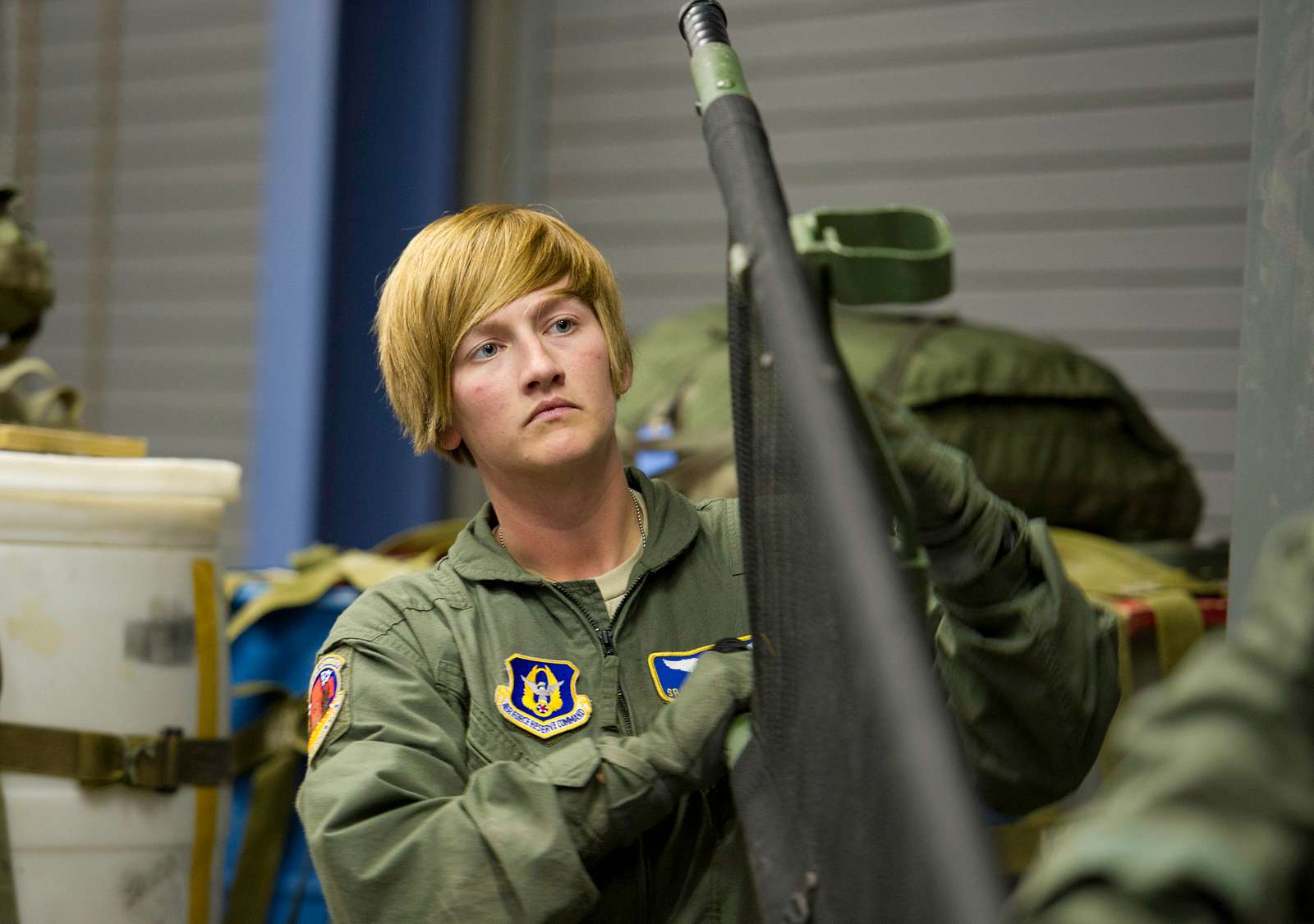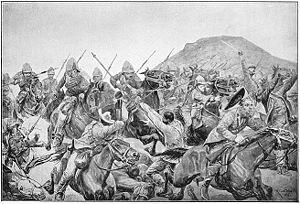
How sheep were led to the slaughter...
Content
Danish infantry unit. According to legend, the photo was taken on the morning of April 9, 1940, and two soldiers did not survive that day. However, given the length of the conflict and the quality of the photo, the legend is unlikely.
In 1939-1940, Germany attacked several European countries: Poland, Denmark, Norway, Belgium and the Netherlands. What did these military campaigns look like: preparation and course, what mistakes were made, what were their consequences?
France and Great Britain, or rather its entire empire: from Canada to the Kingdom of Tonga (but excluding Ireland), declared war on Germany in September 1939. So they were not - at least not direct - victims of German aggression.
In 1939-1940, other European countries also became the object of aggression: Czechoslovakia, Albania, Lithuania, Latvia, Estonia, Finland, Iceland, Luxembourg. Among them, only Finland decided to offer armed resistance, small battles also took place in Albania. Somehow, “by the way”, both micro- and quasi-states were occupied: Monaco, Andorra, the Channel Islands, the Faroe Islands.
Great War experience
In the nineteenth century, Denmark went from a minor power to an almost irrelevant state. Attempts to place their security on collective agreements - the "league of armed neutrality", the "holy alliance" - brought only territorial losses. During World War I, Denmark declared neutrality, openly benevolent to Germany, its most powerful neighbor and most important trading partner. He even mined the Danish straits to make it difficult for the British fleet to enter the Baltic Sea. Despite this, Denmark became a beneficiary of the Treaty of Versailles. As a result of the plebiscite, the northern part of Schleswig, a province lost in 1864 and populated predominantly by Danes, was annexed to Denmark. In central Schleswig, the voting results were inconclusive, and therefore in the spring of 1920, King Christian X intended to carry out something similar to the Third Silesian Uprising and seize this province by force. Unfortunately, the Danish politicians used the royal initiative to weaken the position of the monarchy, they argued, ignoring the fact that they were missing the opportunity to return the lost lands. By the way, they lost another province - Iceland - which, taking advantage of the cabinet crisis, created its own government.
Norway was a country with a similar demographic potential. In 1905, she broke her dependence on Sweden - Haakon VII, the younger brother of Christian X, became king. During the First World War, Norway was neutral, but - due to its maritime interests - favorable to the Entente, which dominates the oceans. Several thousand sailors who died on 847 ships sunk by German submarines aroused public animosity towards the Germans.
During the First World War, the Netherlands - the Kingdom of the Netherlands - was a neutral state. It was there, at the conferences in The Hague, that the modern principles of neutrality were formulated. At the beginning of the 1914th century, The Hague became and remains the world center of international law. In 1918, the Dutch had no sympathy for the British: in the past they fought many wars with them and treated them as aggressors (resentment was refreshed by the recent Boer War). London (and Paris) was also the defender of Belgium, a country created at the expense of the Kingdom of the Netherlands. During the war, the situation only worsened, because the British treated the Netherlands almost on an equal footing with Germany - they put a blockade on it, and in March 1918 they seized the entire merchant fleet by force. In XNUMX British-Dutch relations were icy: the Dutch gave shelter to the former German emperor, for whom the British - during the Versailles peace talks - proposed "amendments to the frontier". The Belgian port of Antwerp was separated from the sea by a strip of Dutch lands and waters, so this had to be changed. As a result, the disputed lands remained with the Dutch, but a good cooperation agreement was signed with Belgium, by limiting the sovereignty of the Netherlands in the disputed territory.
The existence - and neutrality - of the Kingdom of Belgium was guaranteed in 1839 by European powers - incl. France, Prussia and Great Britain. For this reason, the Belgians could not make alliances with their neighbors before the First World War and - alone - easily fell victim to German aggression in 1914. The situation repeated itself a quarter of a century later, this time not because of international obligations, but because of the irrational decisions of the Belgians. Although they regained their independence in 1918 only thanks to the efforts of Great Britain and France, in the two decades after the war they did everything to weaken their ties with these countries. Ultimately, they succeeded, for which they paid with a loss in the war with Germany in 1940.

